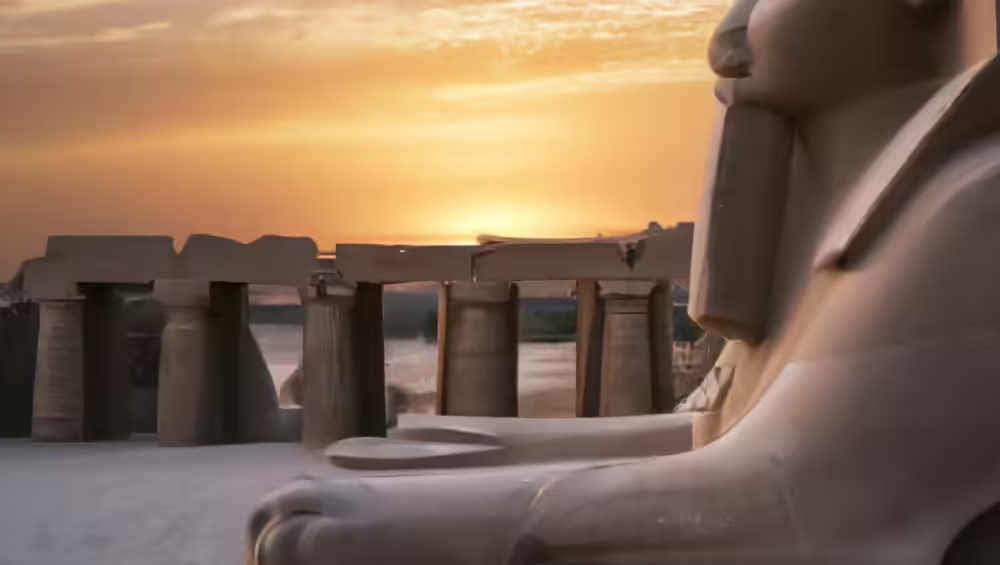**Title: Respectful Photography: Cultural Considerations for Travelers in Egypt**
**Introduction**
In a world where smartphones and cameras are an extension of our daily lives, the act of capturing moments through photography has become second nature. However, when it comes to travel, especially in culturally rich destinations like Egypt, the importance of respectful photography cannot be overstated. As travel agents and tour operators, understanding the delicate balance between capturing memories and respecting local cultures is crucial not only for the sustainability of tourism but also for fostering positive interactions between travelers and the communities they visit. In this blog post, we will explore the cultural considerations surrounding photography in Egypt, the significance of this sensitivity for tourism sustainability, and practical tips for your clients.
**The Importance of Cultural Sensitivity in Photography**
Photography is a powerful medium that can convey emotions, stories, and cultures. However, it can also inadvertently perpetuate stereotypes or invade the privacy of individuals and communities. In Egypt, a country known for its rich heritage and diverse cultures, understanding the nuances of respectful photography is essential.
1. **What constitutes respectful photography in a cultural context?**
Respectful photography involves obtaining consent before capturing images of people, especially in traditional or religious contexts. It means being aware of the cultural significance of the subjects being photographed and ensuring that your captures honor their dignity. This approach not only enhances the travel experience but also builds trust between visitors and locals, fostering a more authentic interaction.
2. **Why is cultural sensitivity important for tourism sustainability?**
Cultural sensitivity plays a pivotal role in sustainable tourism as it encourages responsible behavior among travelers. When tourists engage respectfully with local cultures, it helps preserve the unique identities of communities. In Egypt, where tourism is a major economic driver, fostering an atmosphere of mutual respect can lead to long-term benefits for both visitors and locals. Sustainable tourism practices ensure that Egypt’s rich cultural heritage is not only preserved but celebrated, allowing future generations to experience its wonders.
3. **How can travelers practice respectful photography in Egypt?**
Travelers can practice respectful photography by following a few simple guidelines. First, they should always ask for permission before photographing individuals, especially in rural areas or during cultural events. Second, they should be mindful of their surroundings, avoiding capturing images of sensitive sites, such as places of worship during ceremonies. Lastly, understanding and respecting local customs, such as dress codes in religious sites, can greatly enhance the experience and ensure that photography is welcomed.
**Navigating Cultural Insights for Photography**
Egypt’s diverse cultural landscape presents a multitude of opportunities for photography, but each region has its own set of customs and sensitivities. Here are some insights to guide your clients:
– **In Urban Areas**: Cities like Cairo and Alexandria boast vibrant street life and bustling markets. While candid shots of daily life are captivating, always seek permission from individuals before snapping their photo. This simple act of respect can lead to rewarding conversations and richer experiences.
– **In Rural Villages**: When visiting rural areas, the community’s way of life is often more traditional. Approach with sensitivity and engage with locals before reaching for your camera. Many communities cherish the chance to share their culture, and a respectful request for a photo can lead to heartwarming interactions.
– **Sacred Sites**: Egypt is home to many sacred sites that hold deep cultural and religious significance. At places like the Great Pyramids or temples in Luxor, it’s essential to adhere to established guidelines. Photography may be restricted in certain areas, so travelers should always be aware of and respect these regulations.
**Conclusion**
As travel agents and tour operators, you have the unique opportunity to guide your clients towards a more respectful and culturally sensitive approach to photography in Egypt. By emphasizing the importance of respectful photography, you not only enhance the travel experience for your clients but also contribute to the sustainability of Egypt’s tourism industry. Encouraging travelers to engage with local cultures in a meaningful and respectful way fosters an environment where tourism thrives, not at the expense of culture, but as a celebration of it.
In a world where the lens can often distort reality, let’s choose to capture the true essence of Egypt—one that respects and honors the rich tapestry of its culture and communities. Together, we can ensure that every click of the camera helps preserve the beauty of Egypt for generations to come.





